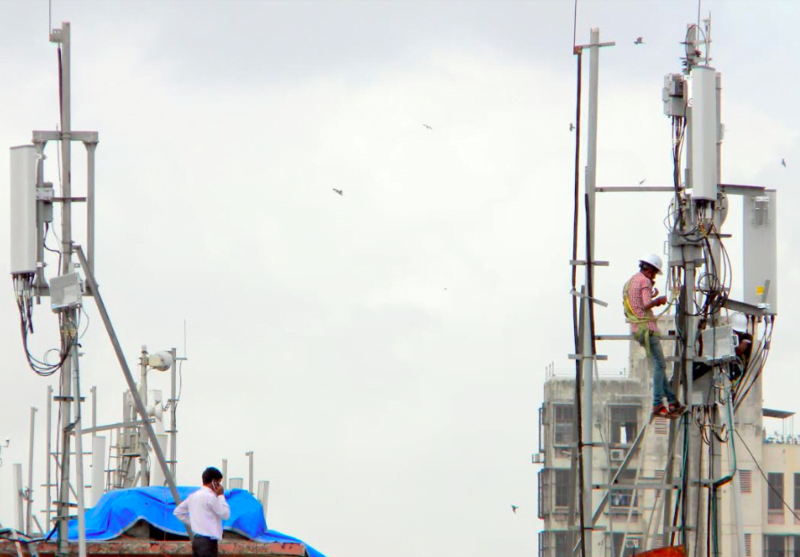“We expect that at the recommended prices, the participation in auctions could be adversely impacted. It will not be a big success, and it will impact Digital India objectives…It will adversely affect 5G,” T V Ramachandran, president of BIF, told PTI. Trai on Monday had stuck to its recommendation on base price and valuation of the spectrum, including for 5G radiowaves, making it clear to the telecom department that it has considered “all relevant factors” while giving views on prices. Last month, amid an industry disquiet over the pricing of spectrum, the Digital Communications Commission (DCC) had decided to ask Trai to reconsider its spectrum recommendations, to ensure competition and greater participation of larger set of players in auctions slated for 2019. But, in its detailed response to the telecom department on Monday, Trai said it had considered all the relevant factors, including the methodology, assumptions, developments between the spectrum auction in 2016 and its suggestions of August 1, 2018, and the rationale for spectrum valuation and reserve price while giving its recommendations. Trai had also argued that for sale of spectrum in an auction, the bidders consider various factors like the company’s vision, network needs, price, and a number of competing participants, among others. It further made assertions that the government’s own marketing efforts will also have an impact on participation in the auction, and so no guarantee can be given about sale of all the spectrum put to auction. “The DCC must take a calibrated view of the prices in the backdrop of benefits to the economy, GDP from spectrum in use…Enough lessons have been learnt from the past auctions that prices have been high,” Ramachandran said.
